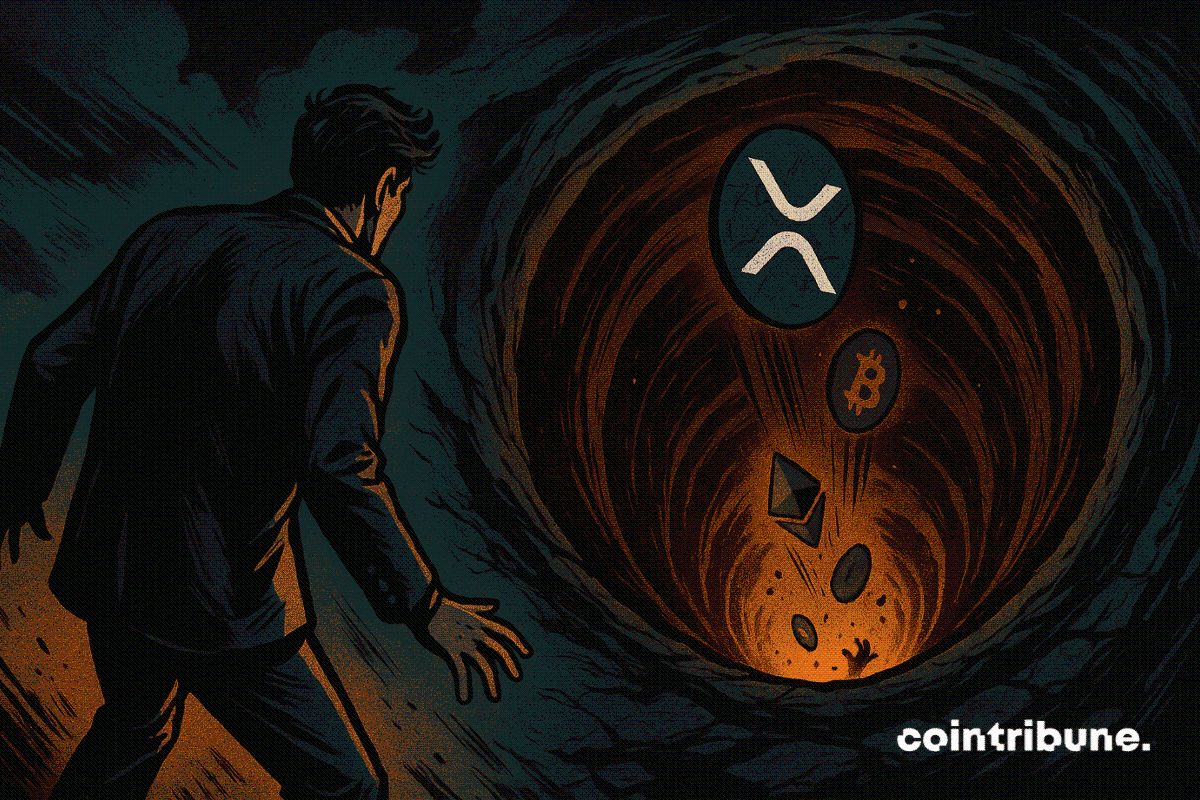India's Crypto Push: Balancing Innovation with Global Accountability
- India will adopt global crypto reporting standards via FATF-aligned rules requiring VASPs to collect and share transaction data with regulators. - New regulations mandate crypto exchanges to submit sender/receiver details to the Financial Intelligence Unit to combat money laundering under the FATF Travel Rule. - A proposed licensing system aims to balance innovation with oversight, mirroring frameworks in the US and EU while addressing compliance costs for smaller firms. - Industry experts support enhanc
India is set to implement international standards for cryptocurrency reporting, aligning its regulatory framework with global efforts to enhance transparency and combat illicit financial activities. The Indian government, in coordination with the Financial Action Task Force (FATF), is finalizing policies that will require virtual asset service providers (VASPs) to collect and share detailed transaction data with regulatory bodies. This move reflects India’s growing recognition of the need to balance innovation in the digital asset space with the imperative of financial integrity [1].
Under the proposed framework, all cryptocurrency exchanges and wallet providers operating in India will be mandated to maintain records of sender and receiver information for every transaction. These entities will also be required to submit regular reports to the Financial Intelligence Unit (FIU), which will be responsible for detecting and flagging suspicious activities. The initiative is part of India’s broader strategy to comply with the FATF’s "Travel Rule," which aims to prevent the misuse of digital assets for money laundering and terrorist financing [2].
The enforcement of these new rules is expected to significantly impact the operations of both domestic and foreign cryptocurrency service providers. Compliance will necessitate substantial investments in technology and staff training to ensure that VASPs meet the new reporting requirements. While some industry stakeholders have expressed concerns about the potential burden on small and mid-sized firms, officials have emphasized that the long-term benefits of a more secure and transparent financial ecosystem will outweigh the initial costs [3].
In addition to regulatory compliance, the Indian government is also working on a comprehensive legal framework for cryptocurrency. Although a full-scale ban on private cryptocurrencies has been debated in the past, recent developments suggest a more nuanced approach. The government is reportedly considering a licensing system that would allow compliant entities to operate within a regulated environment. This approach would mirror strategies adopted by countries such as the United States and the European Union, where licensing models are being used to integrate digital assets into the broader financial system [4].
Industry observers have welcomed the government's shift toward a more structured regulatory environment. According to some analysts, the new reporting requirements will help restore public trust in the cryptocurrency sector while also encouraging institutional investors to enter the market. However, there are also calls for the government to ensure that the regulations remain flexible enough to accommodate rapid technological advancements and the evolving nature of the crypto ecosystem [5].
The implementation of these rules is currently underway, with the first set of guidelines expected to be published in the coming months. Once enforced, the new standards will not only enhance India's alignment with global financial regulations but also position the country as a responsible player in the fast-evolving digital asset landscape. As the government continues to refine its approach, close collaboration between regulators, industry participants, and international partners will be essential to achieving the desired balance between innovation and security [6].
Source:
Disclaimer: The content of this article solely reflects the author's opinion and does not represent the platform in any capacity. This article is not intended to serve as a reference for making investment decisions.
You may also like
Stablecoins in 2025: You Are in Dream of the Red Chamber, I Am in Journey to the West
But in the end, we may all arrive at the same destination through different paths.

XRP’s Extreme Fear Level Mirrors Past 22 % Rally

Critical Bitcoin Bear Market Signal: 100-1,000 BTC Wallet Buying Slows Dramatically
Stunning Bitcoin Whale Awakening: Dormant Addresses Move $178M After 13 Years